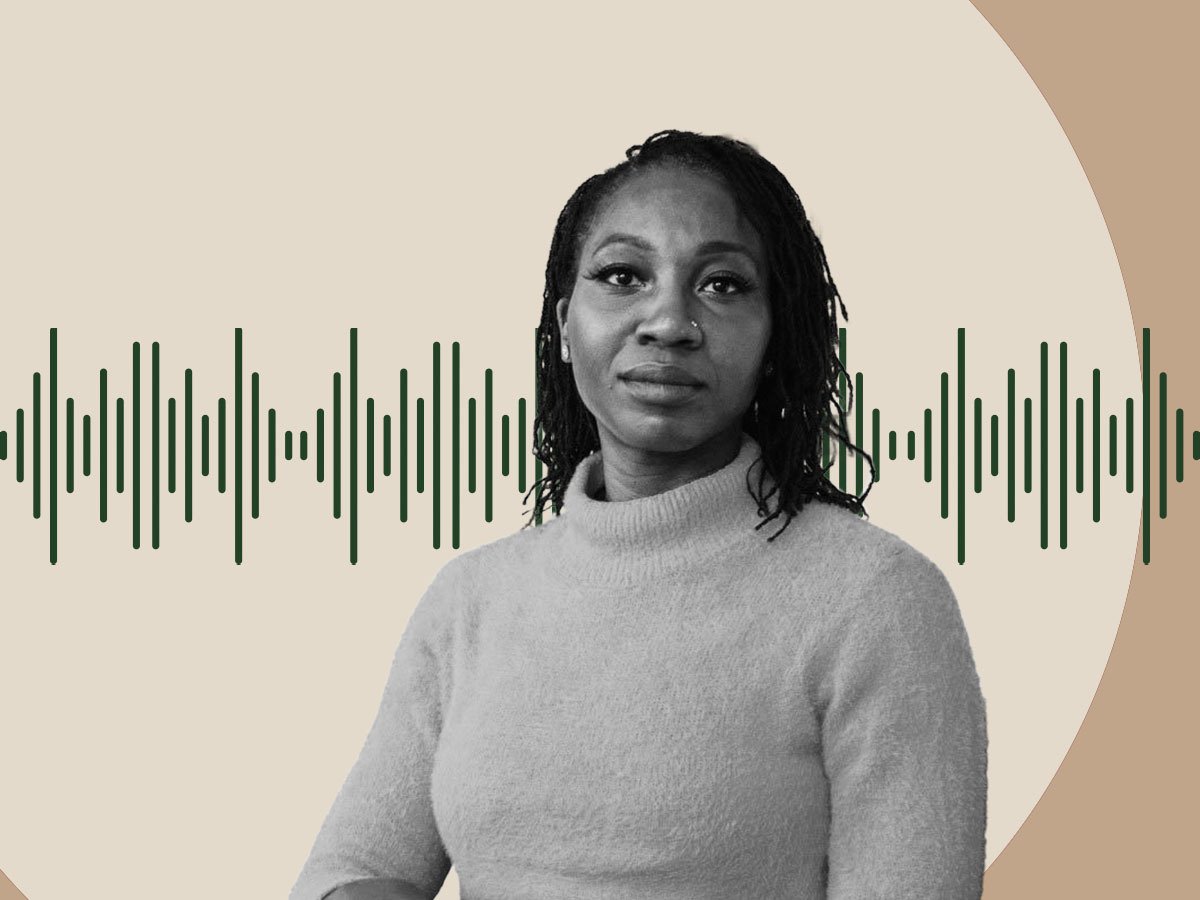
On Monday, NPQ reported that Michael Johnson, who has been CEO of the United Way of Greater Cincinnati (UWGC) only since July, took a temporary leave from the organization in the final weeks of its annual campaign. He left behind a letter that charged the board, and in particular its chair Julie Poston, with undermining him and issuing subtle threats. “She is unfairly attacking my credibility with key stakeholders and creating challenges within our organization,” Johnson said, citing Poston’s creation of a hostile work environment and her description of him as an “angry man.” Finally, he said she tried to require him to report to a subordinate.
Johnson was UWGC’s first Black leader. A day after his departure, twelve prominent Black community leaders made a visit to the interim CEO, Ross Meyer, to suggest that Poston should be the one to leave and that Johnson should be returned to his post and allowed to do his job. Among those present were Jan-Michele Lemon Kearney, publisher of the Cincinnati Herald; Ohio state representative candidate Sedrick Denson; former Cincinnati City Council candidate Kelli Prather; police-community relations activist Iris Roley; and Cincinnati Public Schools board member Ozie Davis. The group met for 75 minutes with Meyer. “We are here in support of Michael Johnson and all of the African-American men and women he represents,” said Davis. “We want equitable resolution.”
Poston and board vice chair Tim Elsbrook have released a statement in response to Johnson’s letter saying that they, “along with several other members of the executive committee,” had discussed “certain performance issues with Michael.” This was not received as perhaps he had hoped.
“Here was a black man who was fully vetted, his expertise, his experience, his background, and now, three months later, there are ‘performance issues?’” said Vanessa Y. White, former Cincinnati school board member. “The message was already put out,” said Roley, who also is a Bond Hill business owner. “The toxic dehumanization of Black people in this city is a major problem. To put in the media that there were performance issues is how the character assassination begins.” The group describes what Johnson is experiencing as right out of “Cincinnati’s playbook” for keeping Black leaders “in their place.”
Sign up for our free newsletters
Subscribe to NPQ's newsletters to have our top stories delivered directly to your inbox.
By signing up, you agree to our privacy policy and terms of use, and to receive messages from NPQ and our partners.
“We have seen Cincinnati tear its Black people apart,” Roley said. “Please separate yourself [from Poston]. Tell us how you are going to do it. It’s not on us. It’s on you. We are the victims of this inappropriate behavior.”
Meyer confessed to being “shocked” by the developments himself and later called the Cincinnati Inquirer to say that a meeting had been set up between the leaders and board members.
The leaders said that Johnson had, as CEO of United Way, reached out intentionally and in an unprecedented way into the Black community, attending events and talking with community members. He was also a visible presence in the aftermath of the mass shooting in September and in the #CincinnatiStrong movement.
Pastor Ennis Tait, of the Church of the Living God in Avondale and a co-chair of the Child Poverty Collaborative, of which Johnson is also a co-chair, said this was a new look for a United Way director: “He has given people hope that the United Way will respond to them and their needs. We haven’t given Mr. Johnson a chance.”
In fact, Ozie Davis says, “This idea that we can have a reduction of poverty and create equity without disrupting the very traditional racist systems that are prevalent in Cincinnati has to be challenged.”—Ruth McCambridge













